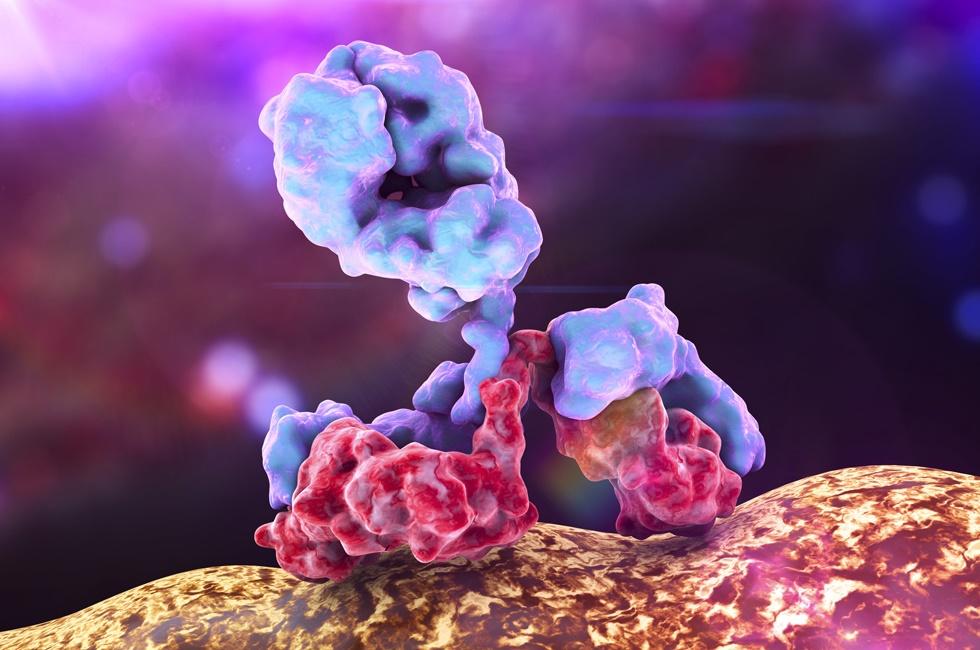In the realms of biotechnology and immunotherapy, antibodies have long stood as formidable weapons against various diseases, notably cancer and autoimmune conditions. Conventionally, immunoglobulin G (IgG) antibodies have dominated this arena. However, recent strides in non-IgG antibody engineering herald a transformative era, promising more potent and adaptable therapies.
While IgG antibodies, particularly IgG1, have been favored for their prolonged half-life and robust functions, they also present limitations such as immunogenicity and restricted tissue penetration. Addressing these hurdles, non-IgG platforms emerge as compelling alternatives.
Foremost among these are non-IgG isotypes like IgA, IgM, and IgE, alongside compact antibody formats such as single-chain variable fragments (scFv) and nanobodies. These non-IgG variants offer distinct advantages:
Enhanced Tissue Permeation: Smaller non-IgG antibodies exhibit superior tissue penetration, crucial for targeting solid tumors and inaccessible disease sites.
Reduced Immunogenicity: Non-IgG antibodies demonstrate lower immunogenicity, minimizing the risk of adverse immune reactions and facilitating long-term usage.
Versatile Engineering: Easily modifiable, non-IgG formats can undergo alterations like PEGylation or glycosylation to bolster stability and pharmacokinetics.
Moreover, non-IgG antibody exploration has become a focal point in biopharmaceutical research, driven by technological strides and deeper immunological insights. Novel methodologies are being harnessed to identify and engineer highly specific and potent non-IgG antibodies:
Phage Display: This technology revolutionizes non-IgG antibody discovery by showcasing antibody fragments on phage surfaces, streamlining the screening of expansive libraries for potential drug candidates.
Humanization: Essential for reducing immunogenicity and enhancing clinical viability, humanization techniques utilize transgenic mice expressing human antibody repertoires and in vitro selection to produce fully human non-IgG antibodies.
Multivalency Engineering: Non-IgG antibodies can be engineered for multivalency, enabling simultaneous targeting of multiple antigens or receptors. This versatility holds promise for diseases with intricate molecular profiles, like viruses and autoimmune disorders.
In essence, non-IgG antibody engineering marks a significant shift in immunotherapeutic paradigms. Non-IgG platforms and their associated antibody discoveries redefine treatment landscapes, offering heightened efficacy, diminished immunogenicity, and expanded disease targeting capabilities. As research progresses, innovative therapies leveraging recombinant non-IgG antibodies are poised to revolutionize clinical practice, ushering in a new era of precision medicine.



